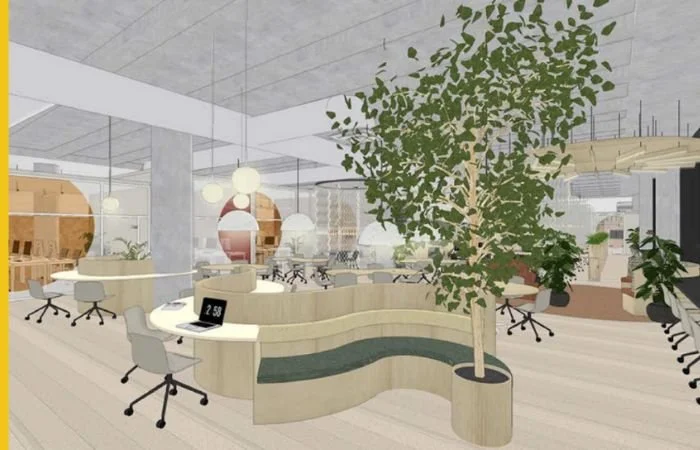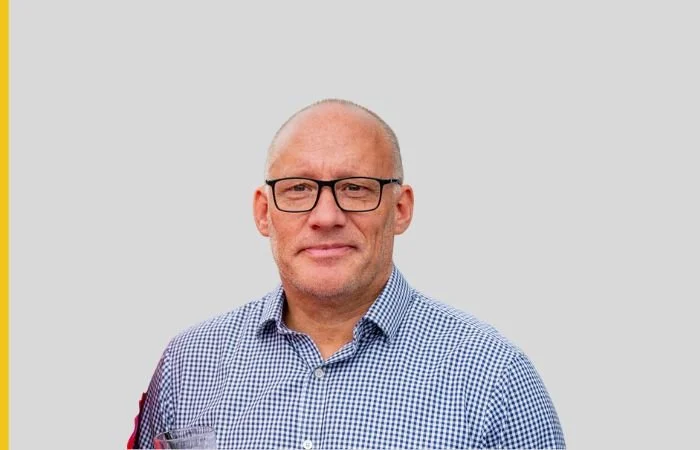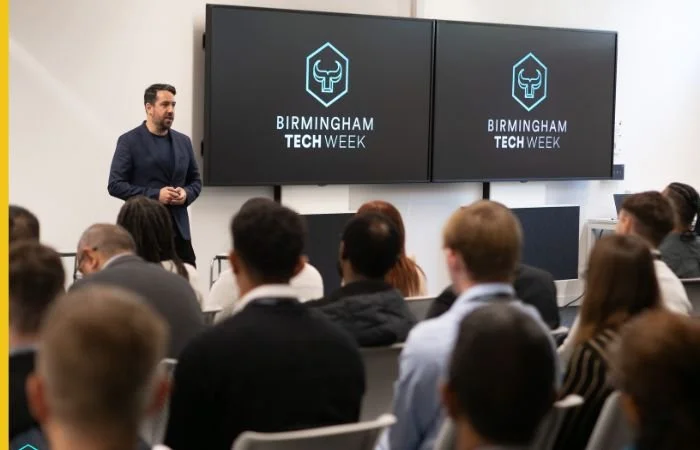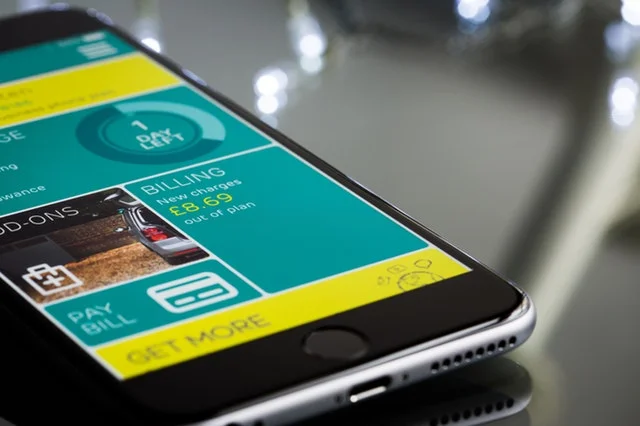Prehistoric Insurance Practices are Damaging Small Businesses

As the instant gratification generation, we’re used to having everything we want at our fingertips - whether that’s keeping track of our finances, staying in touch with loved ones in different countries or even subscribing to television services like Netflix. Gustav Holst Stuge, CEO of InMyBag, shares his insights on the missed opportunities of ignoring evolution.
Improvements in technology have made this possible - and they are even impacting the least likely of industries.
In the financial services sector, which has been historically slow to innovate, the government’s recently launched ‘Open Banking’ scheme is set to put the spurs to the industry and will see banks opening their data to approved third parties. The theory is that this will act as a rocket to the sector, allowing daring innovators to improve how customers can interact with their bank account and their money.
In the light of these developments, it’s hard not to think of the insurance sector as a straggler of a former generation.
Yes, the term ‘insuretech’ is used liberally - and often arbitrarily - to describe anything that touches on the intersection of insurance and tech, but it’s rarely synonymous with true innovation.
Two significant hangovers from a bygone era are proof positive of this; the excruciating process to make claims, and the actual amount of time it takes to have lost or stolen items replaced.
These points are especially significant in light of how the working world, and customers expectations, are changing. We’re an increasingly flexible nation when it comes to how we work - the traditional nine-to-five grind is becoming a distant memory as employers embrace more versatile arrangements like remote working.
Businesses now rarely expect staff to remain chained to their desks. With the advent of better mobile internet and faster public WIFI, employees can get online and to work in coffee shops around the nation. In short, the idea of presenteeism in the workplace is quickly becoming dated.
Unfortunately, the insurance industry hasn’t moved apace with these rapid changes. With salaried employees and freelancers able to work wherever they want, staff need to feel that their invaluable tools for work - laptops and mobiles - can be replaced should the unfortunate happen.
As it stands, insurance claims can take days - and often weeks - to process, leaving workers without the means to actually, you know, work. On top of that, the way to make claims can often add to the worries caused by having a valuable piece of tech taken out of action in the first place.
In the future, insurance companies will surely be more like tech support offices - adaptable and versatile enough to help tomorrow’s office workers who need broken devices replacing as soon as possible. Technology replaced within a matter of hours, as opposed to within weeks. With our own recent Seedrs fundraise, this is precisely what we’re hoping to achieve.
Too much of the insurance industry continues to operate like it always has done - without accounting for the evolving nature of customer expectations or the way that we now work.
There is a tendency among companies in the sector to bury their heads in the sand - a failure to acknowledge how the world is evolving will only see them left behind. The sector needs to realise this and catch-up as soon as possible.




































































































